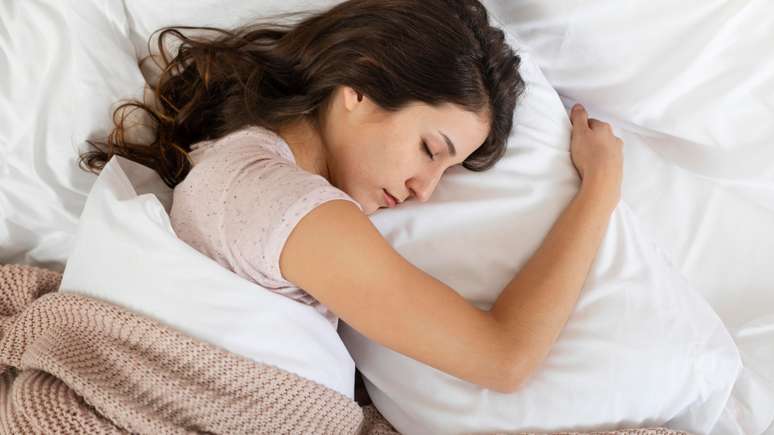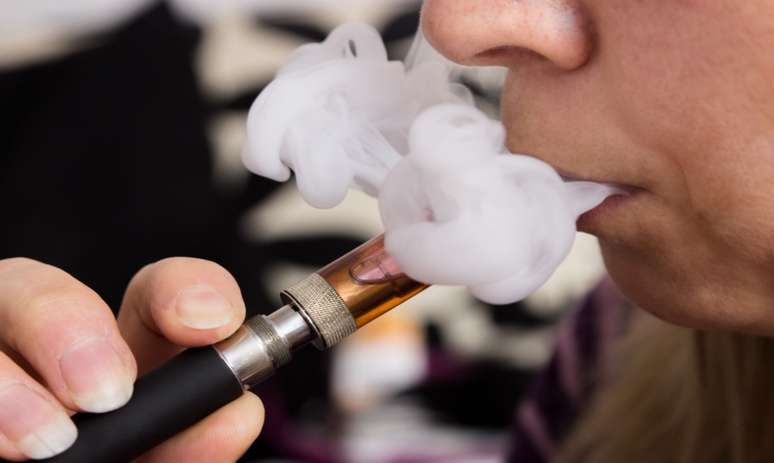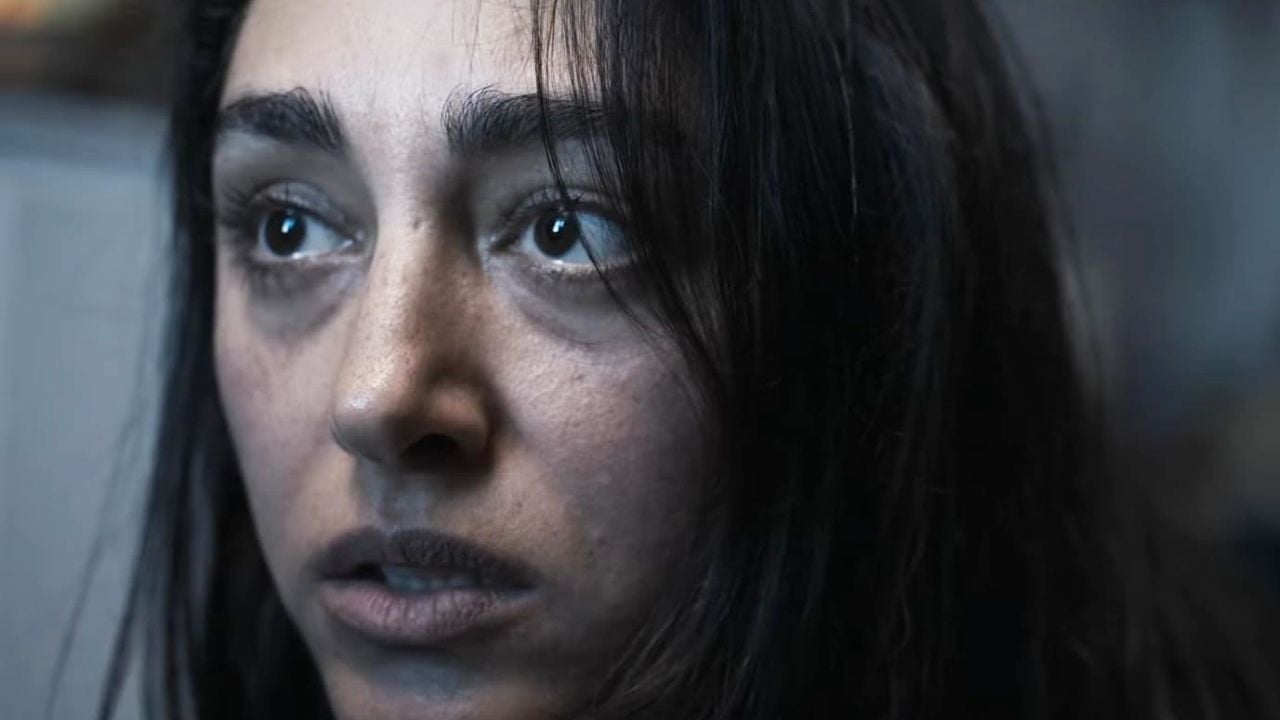In this week’s column, homeopathic pharmacist Jamar Tejada talks about the importance of following a sleep routine
Everyone knows, or should know, how important a good night’s sleep is, as it is during the night that cells are renewed, toxic waste by-products are removed, memories are consolidated and the immune system is strengthened.
html[data-range=”xlarge”] figure image img.img-9eba750ebbbcd9ab6d7cf10b2691300c8fc7cx31 { width: 774px; height: 435px; }HTML[data-range=”large”] figure image img.img-9eba750ebbbcd9ab6d7cf10b2691300c8fc7cx31 { width: 548px; height: 308px; }HTML[data-range=”small”] figure figure img.img-9eba750ebbbcd9ab6d7cf10b2691300c8fc7cx31, html[data-range=”medium”] figure figure img.img-9eba750ebbbcd9ab6d7cf10b2691300c8fc7cx31 { width: 564px; height: 317px; }HTML[data-range=”small”] .article__image-embed, html[data-range=”medium”] .article__image-embed { width: 564px; margin: auto 0 30px; }
However, there’s always that person who gets a few hours of sleep and looks super rested. Is it possible that, then, the rule applies to everyone and that every organism needs its own rest? Would the idea of eight hours of sleep for everyone be universal?
Well, the ideal sleep time varies throughout life and according to age. Studies recommend that adults get at least 7 hours of sleep a night. For children and adolescents, the recommended amount varies by age group.
In some cases, it’s okay to sleep an hour more or less than average, but those who sleep a lot or a little, may be in another group: big or small sleepers – these make up about 2% of the population.
Adults who need more than 9 hours of sleep per night are called deep sleepers. Those who need less than 6 hours of sleep a night to feel renewed are called little sleepers.
What we should do is always commit to going to bed earlier and waking up earlier, following our biological tendencies to adapt to the rhythm of the sun. So much so that, of course, we sleep more after dark. But there are also individual variations and you may feel better sleeping and waking up a little later. The exact time will depend on how you feel when you wake up.
Another important point is the amount of sleep you need per night. To figure out the best time to sleep, you can consider what time you need to wake up in the morning and count 7 hours, the minimum recommended amount for adults. For example, if you need to wake up at 6:00am, you might consider starting to wind down and get into a quieter rhythm before 10:00pm. The fact is, there is no ideal bedtime or wake-up time for everyone. In fact, your biggest concern should be sleep duration.
Establish a sleep routine
An important tip is to establish a sleep routine that you can follow every night, even on the weekends. Staying up and sleeping late on the weekends, which happens often, can disrupt your return to your weekday routine.
There’s no use getting nine hours of sleep if you wake up and don’t feel that your sleep has been restful. According to a study published in the journal Sleep Epidemiology, 65.5% of Brazilians have poor quality sleep. Personally, I thought it was even more.
Sleep regularity appears to be linked to the brain’s “default mode network,” which involves regions that are active when we’re awake but not engaged in a specific task, such as resting while our minds wander. This network includes areas important to cognitive function, such as the posterior cingulate cortex (which is shut down during cognitive tasks), the parietal lobes (which process sensory information), and the frontal cortex (involved in planning and complex cognition).
In adolescents and young adults, poor sleep may be associated with changes in connectivity within this network. Sleep disturbances can have a side effect on cognition, such as interfering with concentration and memory-based processing, as well as more advanced cognitive processes.
Changes in sleep patterns, including difficulty falling asleep and staying asleep, are important factors in the aging process. These sleep disturbances contribute to cognitive decline and psychiatric disorders in older people.
How to do sleep hygiene and sleep better?
A few simple measures can help you improve your sleep, such as being regular, avoiding screens, and creating a good sleeping environment. By the way, I’ve already written another article here about blue light, transmitted from cell phones, tablets, and television, a villain when it comes to sleep — and even premature aging.
sleep cycles
It takes a healthy person 10 to 20 minutes to fall asleep after getting into bed and turning off the lights – this is sleep latency. Alcohol, chronic pain, or medications can interfere with this process. After falling asleep, we enter the stages of sleep: REM and NON-REM (NREM). We have 4 to 6 sleep cycles per night (which connect the two phases).
REM sleep is a sleep stage associated with dreaming and memory consolidation. It is also related to rapid eye movement, hence the name REM (“rapid eye movement”). In this stage our body functions as if it were awake, but our eyes are closed and we completely relax the body. It usually “appears” about an hour and a half after we fall asleep. REM sleep plays an important role in emotional processing and healthy brain development.
Babies need more REM sleep while their brains are developing. As adults, we need an average of two hours of REM sleep a night.
Non-REM sleep is divided into N1/N2 (lightest) and N3 (deep). In the first two phases (N1/N2), our brain begins to slow down, heart rate and body temperature decrease, and the transition to N3 begins. Deep sleep (slow wave sleep) is characterized by low brain activity, this is when our immunity begins to act, we stabilize our cardiovascular system, there is an improvement in blood pressure, in which we release the famous growth hormone (GH). Click here for more information on this cycle.
Regardless of whether you believe you are a “superhuman” without needing to sleep that much, I think it’s already clear that an adapted sleep routine is more than important and essential. It may also be that you feel less sleepy, but everyone has a need. Relax, practice sleep hygiene and have sweet dreams!
Source: Terra
Ben Stock is a lifestyle journalist and author at Gossipify. He writes about topics such as health, wellness, travel, food and home decor. He provides practical advice and inspiration to improve well-being, keeps readers up to date with latest lifestyle news and trends, known for his engaging writing style, in-depth analysis and unique perspectives.









